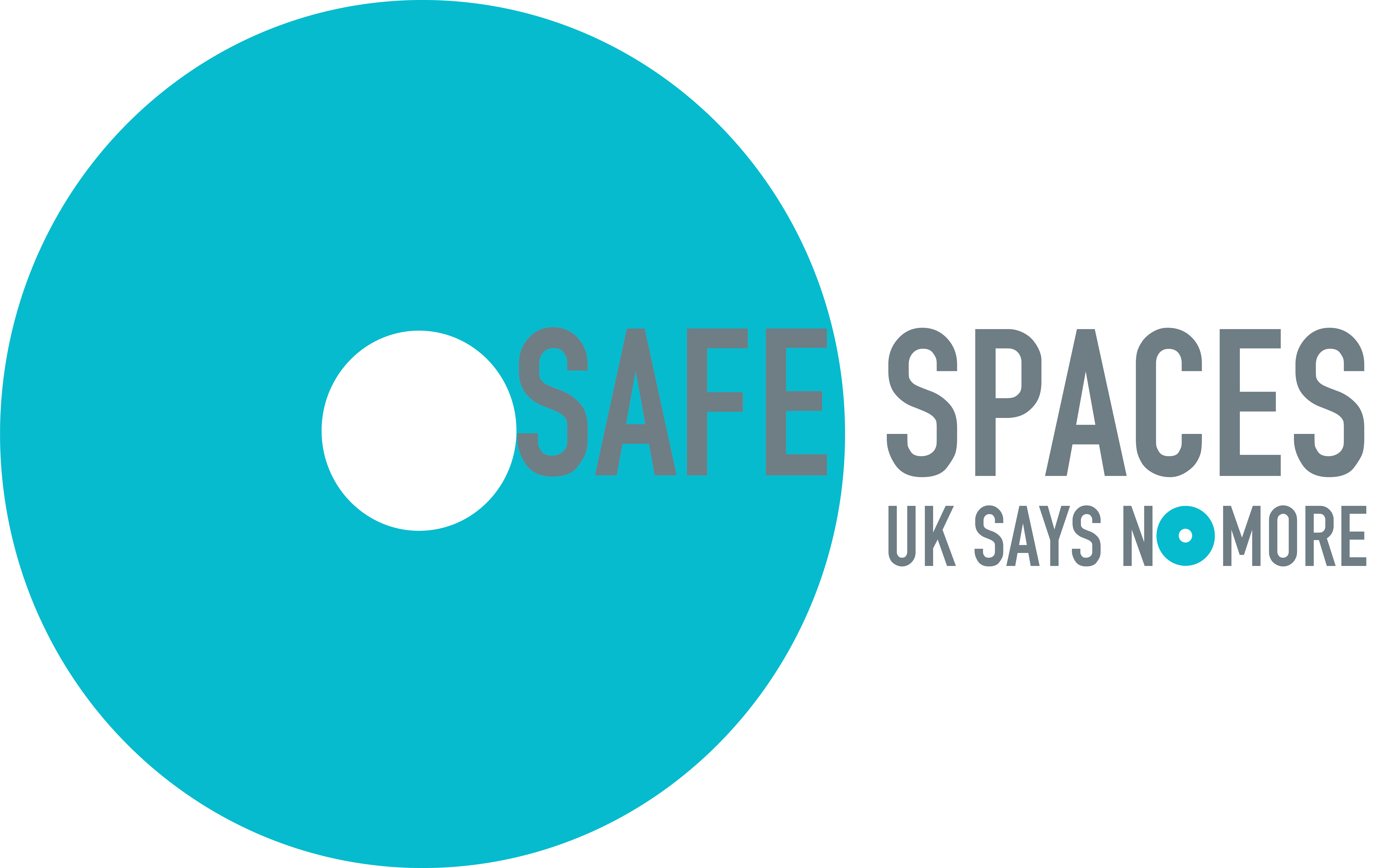‘What you are missing, is people who are going to solve a problem that you have been struggling with for years’
Neurodivergent employees are just as diverse and unique as the rest of your employees, but research shows that neurodivergent employees tend to excel in particular areas, and can bring specific strengths to a team, such as:
- Analytical thinking
- Innovation
- Creativity
- Intuitive
- Complex problem-solving
- Logic and reasoning
The Clear Company have extensive HR experience, working with large and small organisations. Time and time again, we find that organisations have significant skills gaps in one or more of these areas, which is indicative that diversifying hiring practices can help to fill these gaps.
Especially in the face of the predicted increase in industry automation, creative and innovative thinking, and alternative perspectives for problem-solving, will be more important than ever.
How can employers support neurodiversity in the workplace?
A work environment where all candidates and employees feel comfortable in their own identities is essential. This is the first step to accessing the full range of skills that neurodivergent people can offer, as well as encouraging efficient productivity. While an authentic, inclusive culture is not easy, it is achievable with the help of a clear inclusion strategy and plan.
A DEI strategy should consider neurodiversity alongside other identity differences. This means clear communication reassuring neurodivergent employees that they are valued as individuals. Additionally, HR should review, all people and practices within the business to identify and remove any barriers to neurodivergent talent. The Clear Audit Process is designed to help businesses with this review stage, before moving on to implementation.
Implementing support for neurodivergent employees in the workplace should cover all levels, including management training to ensure the strategy can be implemented from the top down.
Addressing common barriers that neurodivergent people face in the workplace
The most common barrier faced by neurodivergent people is a lack of understanding that they have different needs from other people. Some ways that employers can counteract this include:
- Ensuring that you have accessible application processes. This includes fully accessible websites and alternative application methods to ensure that all candidates can apply.
- Providing a clear statement about being an inclusive employer and welcoming applicants to share any information that will assist in their application, will encourage candidates with neurodivergent conditions to apply.
- Creating inclusive assessment processes that consider the needs of neurodivergent applicants. This could include allowing extra time for an interview or providing text in dyslexia-friendly fonts.
- Allowing more time to adapt to changes. Whether this is a change in processes or a new line manager, changes can be overwhelming for neurodivergent individuals.
‘It takes me a while to ‘rewire’ my brain to accept the changes that life brings’ #actuallyautistic
- Setting performance objectives that are realistic and achievable, and avoiding generic purposes.
- Making sure your processes allow for specialists to succeed alongside generalists, as these contributions can be equally valuable.
- Considering communication with team members and adapting your communication methods to individual needs. For example, team meetings may be challenging for some, and written communications may be difficult for others – but adapting your communication style will ensure that all employees receive the information they need.
Support for neurodiversity from The Clear Company
The Clear Company has been working to bring about positive change for 16 years. We are recognised as global leaders in inclusive talent management, training, insight and technology.
We have supported many organisations in reviewing recruitment and people processes to ensure barriers to employing diverse talent are removed – and helping employers maximise opportunities to attract those with the valuable skills that neurodiversity offers. Alongside implementing inclusive people practices, the Clear Company offer learning interventions to upskill employers in managing neurodivergent employees.
Please contact enquiries@theclearcompany.co.uk for more information, or read more about our offerings on our website:




